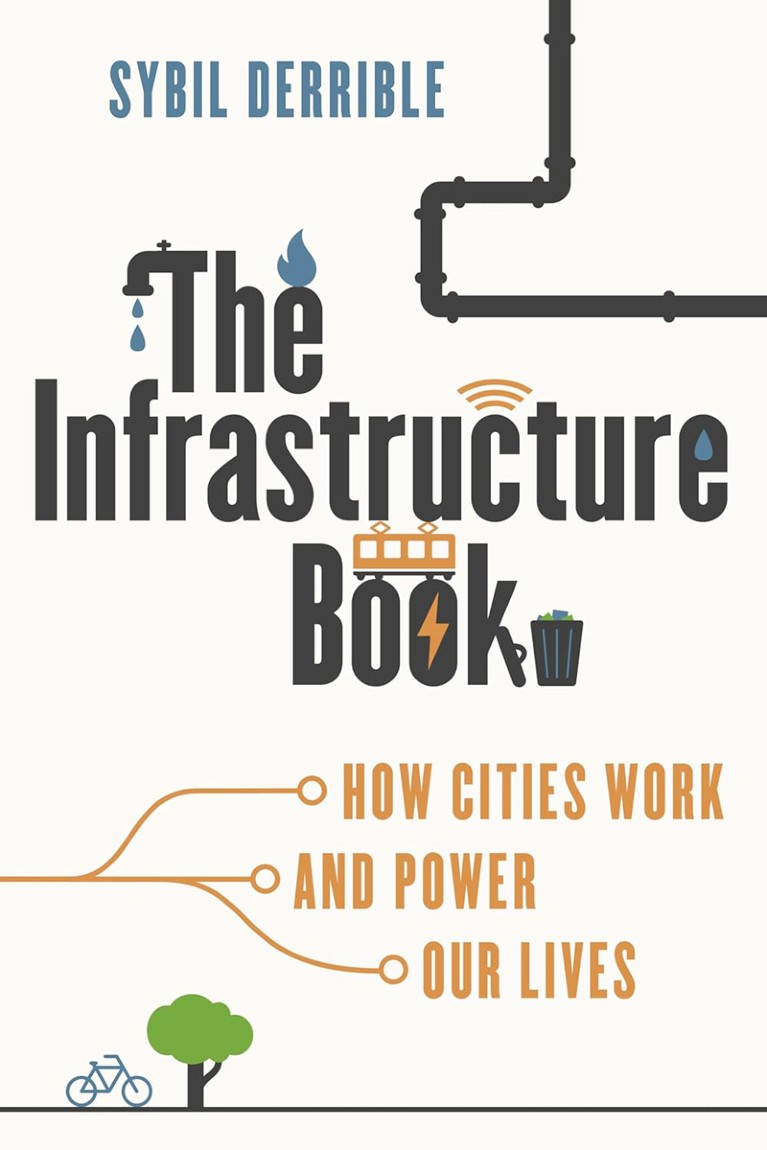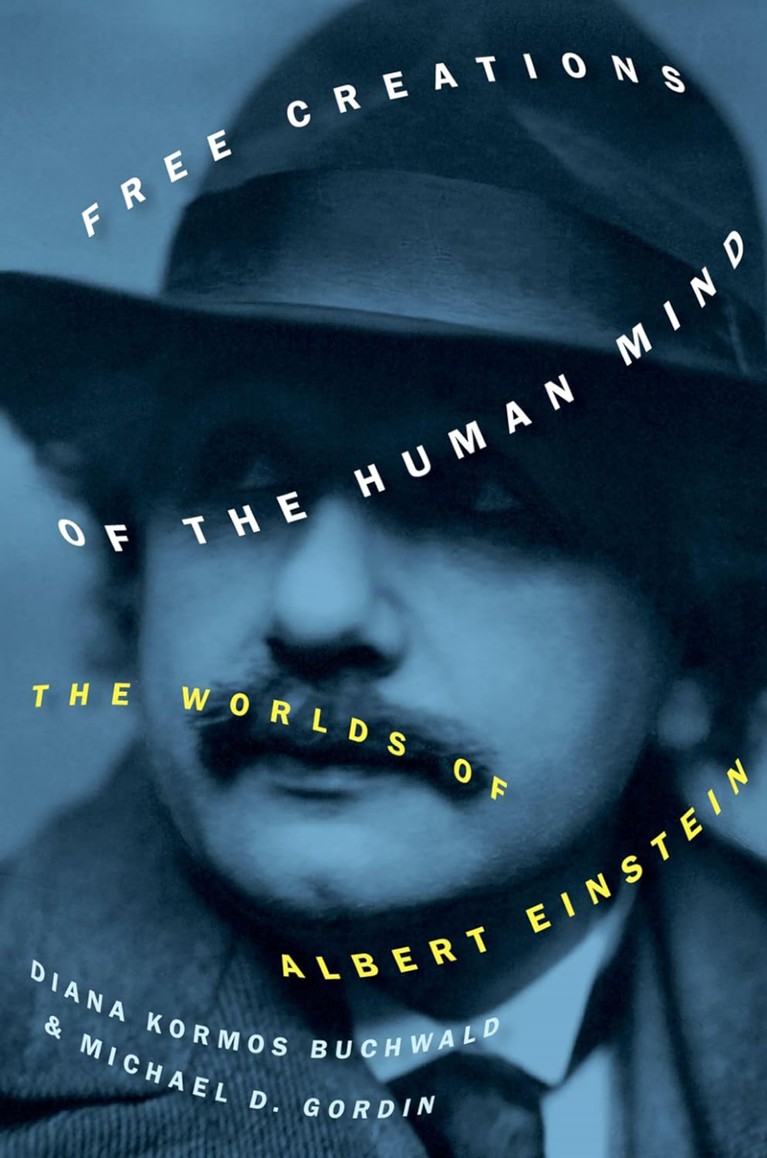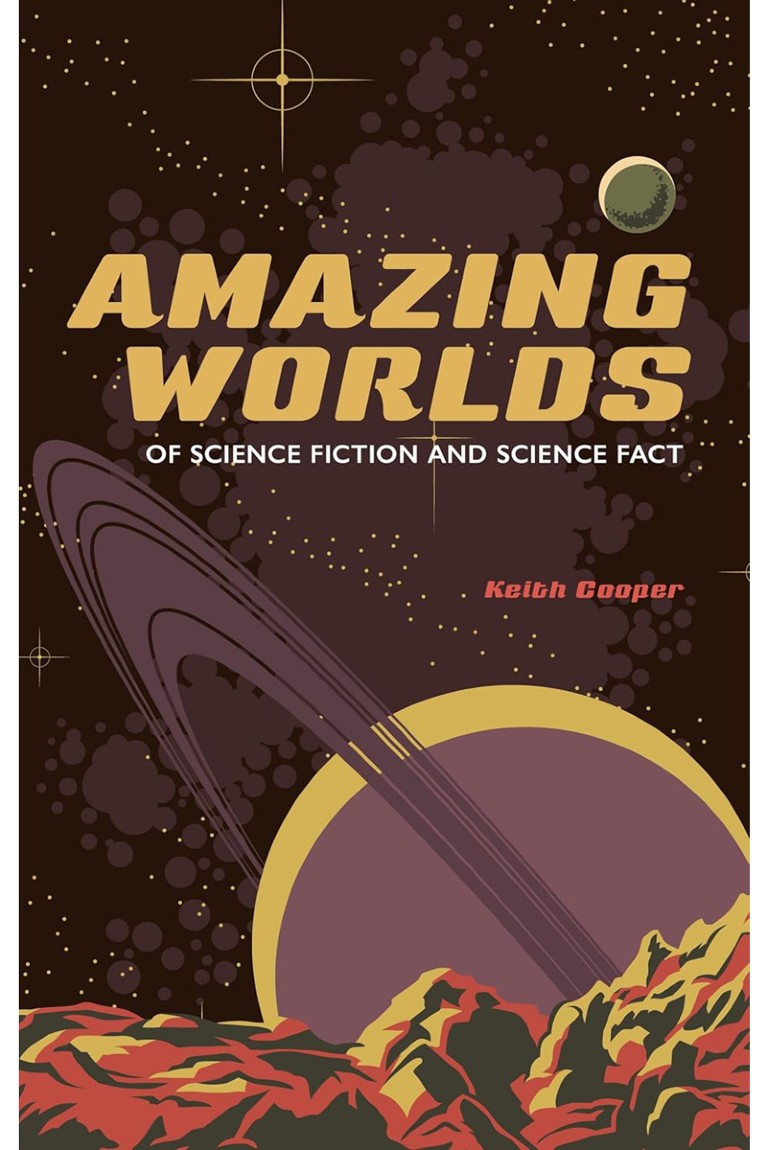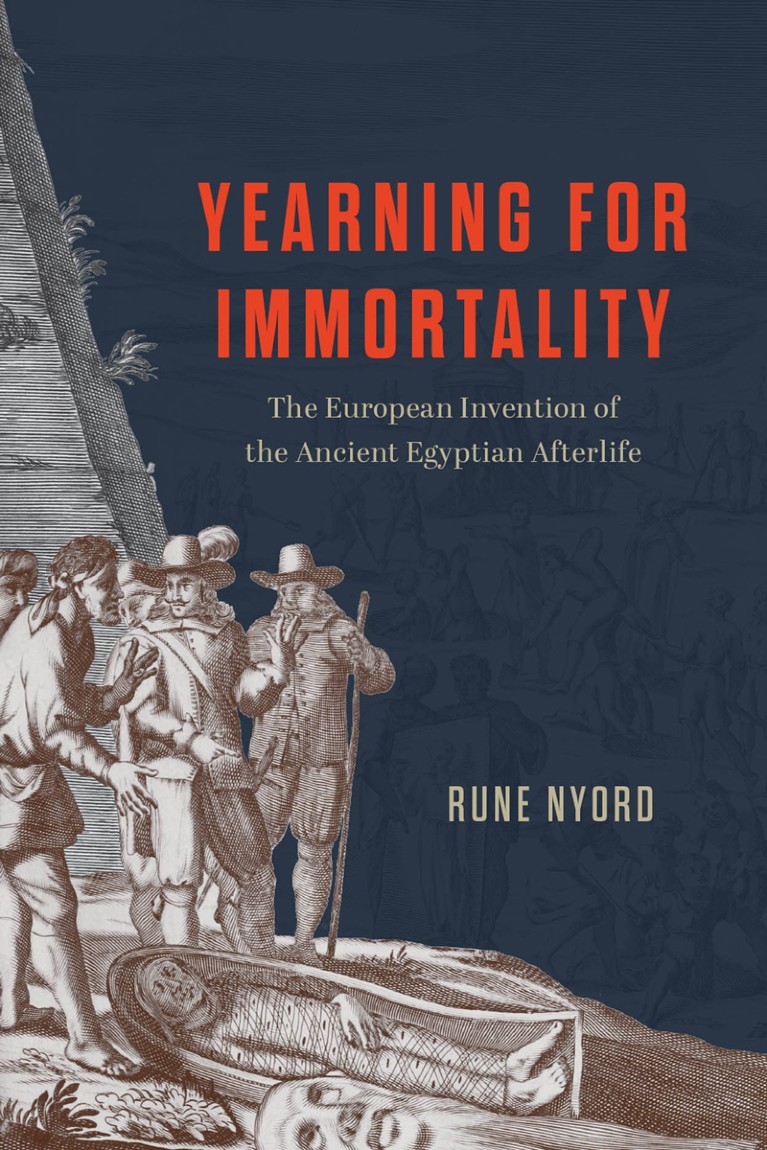
The Infrastructure Book
Sybil Derrible Prometheus (2025)
In 1995, a massive heatwave in Chicago, Illinois, took at least 739 lives. The city authorities assumed that a lack of air conditioning was responsible for most deaths, but an investigation attributed them mainly to social isolation. As Chicago-based engineer Sybil Derrible notes in his penetrating analysis of urban infrastructure: “Technology comes and goes, but infrastructure stays because infrastructure is all about people.” Surveying 16 large cities globally, he investigates water, transport, energy and telecommunications networks.

Free Creations of the Human Mind
Diana Kormos Buchwald & Michael D. Gordin Oxford Univ. Press (2025)
Of the physics Nobel prizes awarded since 2000, “no fewer than seven … stem directly from Einstein’s work in 1905 and 1915”, point out historians of science Diana Buchwald and Michael Gordin. Their brief, appealing book discusses the general theory of relativity and quantum theory, but is preoccupied mainly with Albert Einstein’s life, personality and philosophy, especially his complex relationship with war — including the design of the atomic bomb — and pacifism.

Amazing Worlds of Science Fiction and Science Fact
Keith Cooper Reaktion (2025)
Astronomers observed the first confirmed exoplanet in 1992. Some 5,900 are now known, in about 4,500 planetary systems, with around 1,000 containing several planets, according to NASA. No life has been detected yet, showing just “how rare our planet Earth still is” and how “the imagination imbued within science fiction can only carry us so far”, notes science journalist Keith Cooper. His engaging book, based on interviews with writers and researchers, examines what science fiction has got right and wrong, and what science can learn from it.

Yearning for Immortality
Rune Nyord Univ. Chicago Press (2025)


